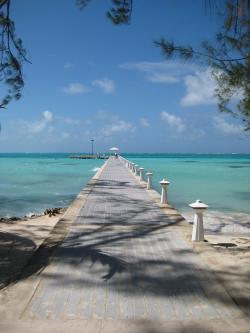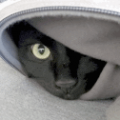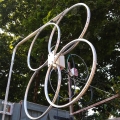jks
About
- Username
- jks
- Joined
- Visits
- 36,745
- Last Active
- Roles
- Member, Administrator, Moderator
- Points
- 670
Reactions
-
v1.415 release
v1.415 October 20, 2020 Admin network tab: added Ethernet MTU selection option of 1440 (default 1500) which seems to help some installations using 4G Internet connections. Bug fixes: Well-known DNS server 1.1.1.1 is always added to end of /etc/resolv.conf file. "Photo max height" field can no longer be set blank (which prevented page load). -
Default colormap [added in v1.414]
-
Frequency drift
That brings up an interesting point. The Kiwi GPS software lacks most of the features of commercial equivalents, which were developed over many decades now. One of them is masking out sats (i.e. not using them for position/time solutions) if their elevation angle in the sky is too low. There are various reasons this is a good idea as you might imagine. -
Frequency drift
That brings up an interesting point. The Kiwi GPS software lacks most of the features of commercial equivalents, which were developed over many decades now. One of them is masking out sats (i.e. not using them for position/time solutions) if their elevation angle in the sky is too low. There are various reasons this is a good idea as you might imagine. -
Default colormap [added in v1.414]






